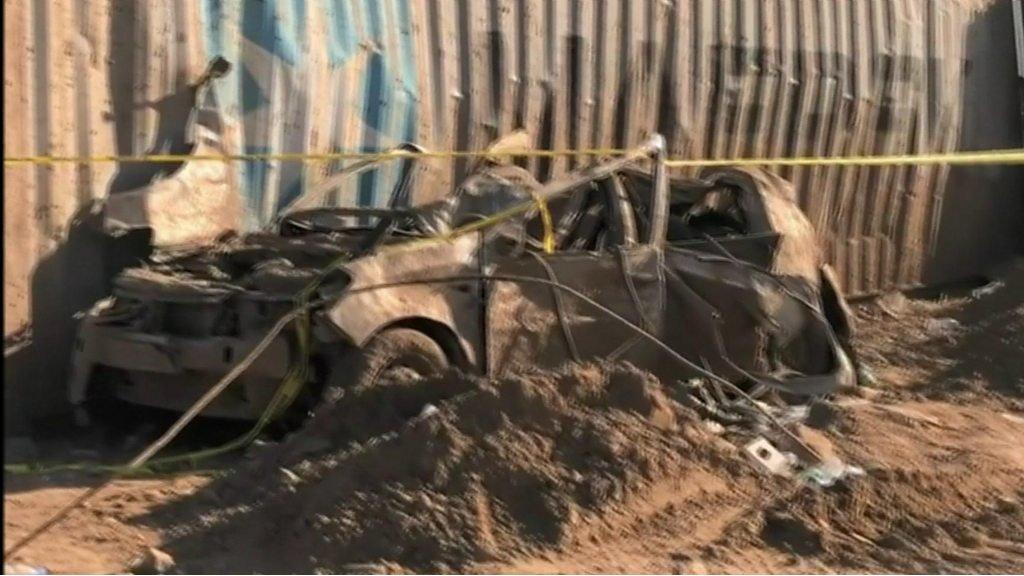Beirut blast investigator charges key figures after long suspension
- Published
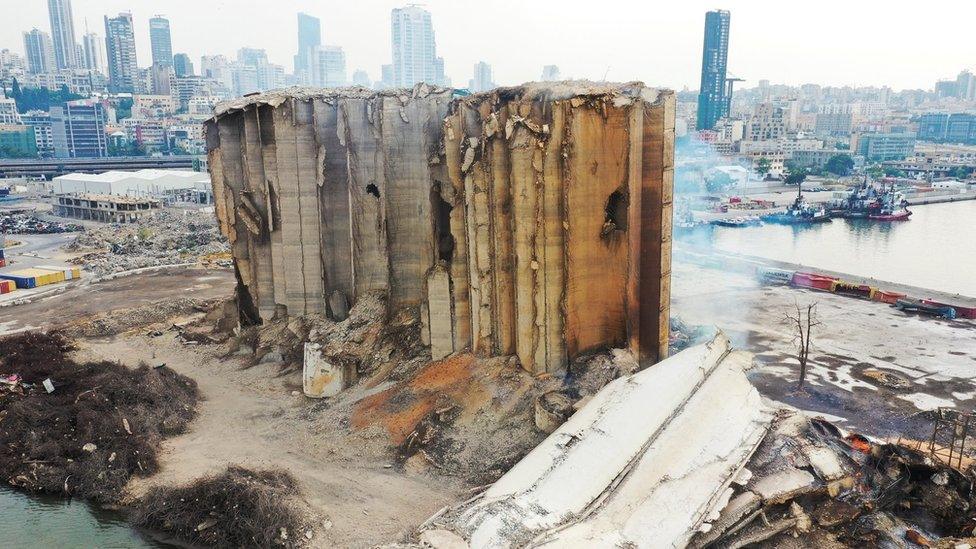
The devastating blast on 4 August 2020 was caused by chemicals unsafely stored at the port
The judge leading the investigation into the devastating port explosion in Beirut in 2020 has reportedly charged more key figures as part of his probe.
Despite Tarek Bitar's work being frozen for 13 months amid legal challenges, he unexpectedly said on Monday that he thought he could restart his inquiries.
But on Tuesday the public prosecutor told him that he had no jurisdiction.
More than 200 people were killed when ammonium nitrate that was being stored unsafely at a port warehouse ignited.
The blast it created was one of the worst non-nuclear explosions in recent history, and devastated a large area of the Lebanese capital.
There is no official confirmation of the identities of those who have been charged, or detail of what indictments they may face.
Instead, lists of names and potential dates for questioning sessions are being circulated among local journalists, apparently released by judicial sources.
Senior figures like the heads of the General Security and State Security departments are new names to appear on the list.
Others have been called previously, like Hassan Diab, who was prime minister at the time of the blast. He has yet to appear before the judge to answer questions.
All those who have previously been linked to the investigation have denied any involvement.
Judge Bitar also apparently ordered the release of five men who had been arrested after the explosion, including port officials and maintenance workers.
The thousands of people who were wounded in the disaster, and the families of the deceased, have faced a long fight in their search for justice.
They have held regular vigils and protests in Beirut over the past two and a half years.
In recent days, they have demonstrated again outside the Lebanese parliament in a bid to get the official investigation restarted. Nobody has yet faced trial as a result of it.
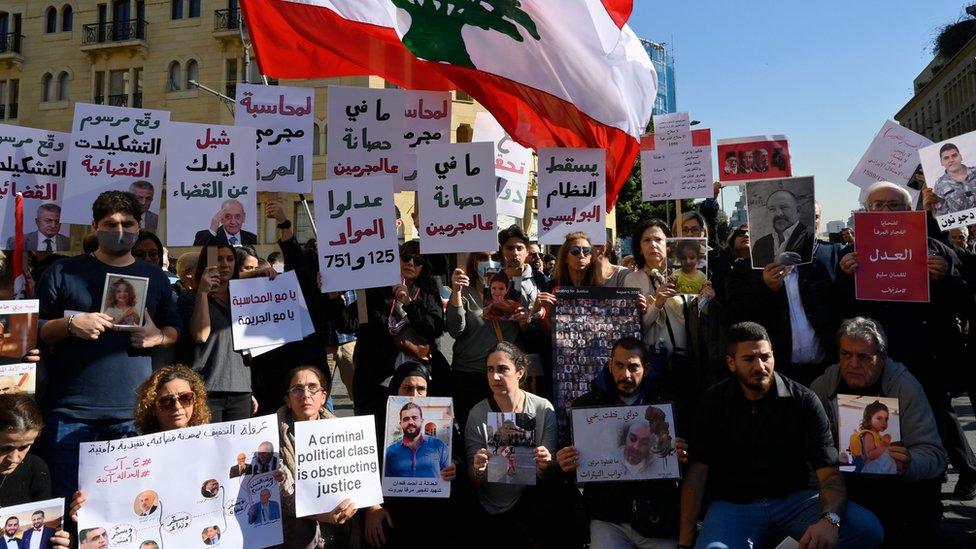
The probe has been beset by delays, leaving families and survivors no closer to finding out who was to blame
The inquiry has been dogged with problems since it was set up.
The first lead judge was removed. Several of the powerful politicians charged by his successor, Judge Bitar, have brought legal complaints against him in response.
It means the investigation has been halted each time while a court rules on their veracity, to the frustration of victims' groups.
Attempts have even been made to remove Judge Bitar from running the investigation entirely, but despite the Higher Judicial Council approving the appointment of yet another new judge to take charge instead, that has not happened.
The public prosecutor at the Discriminatory Court sent a letter to Judge Bitar on Tuesday telling him that his investigation remained suspended and that no decision had yet been made on whether to remove him from his role.
Families have welcomed the renewed investigation, but some are still sceptical that it will achieve any results.
Hiam Kaadan's son Ahmad was killed in the blast, as he delivered a birthday cake. Hiam rushed to the scene in the aftermath, and found him lying in a pool of blood.
"We were surprised and happy to know that Judge Bitar resumed the investigation and that those responsible for the 4 August blast will be held accountable," she told the BBC.
"We believe in Judge Bitar, and we hope he will be allowed to continue without hurdles and to summon all those he named."
Related topics
- Published22 November 2021
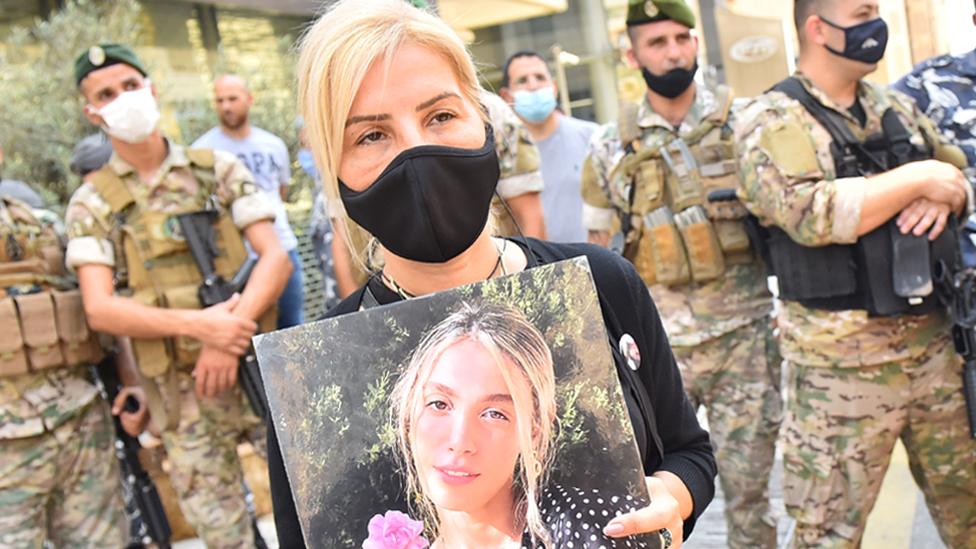
- Published4 October 2021
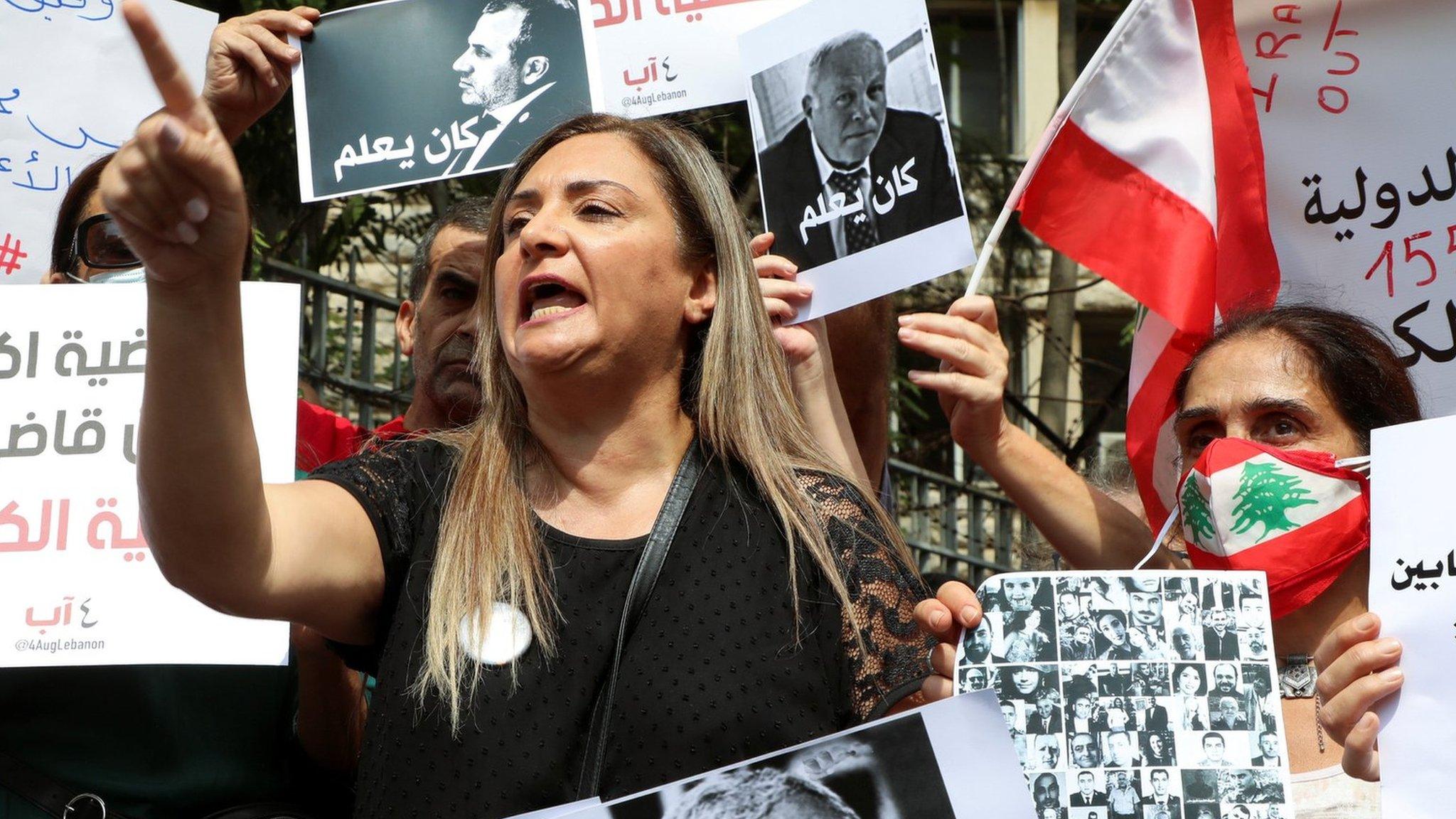
- Published4 August 2021
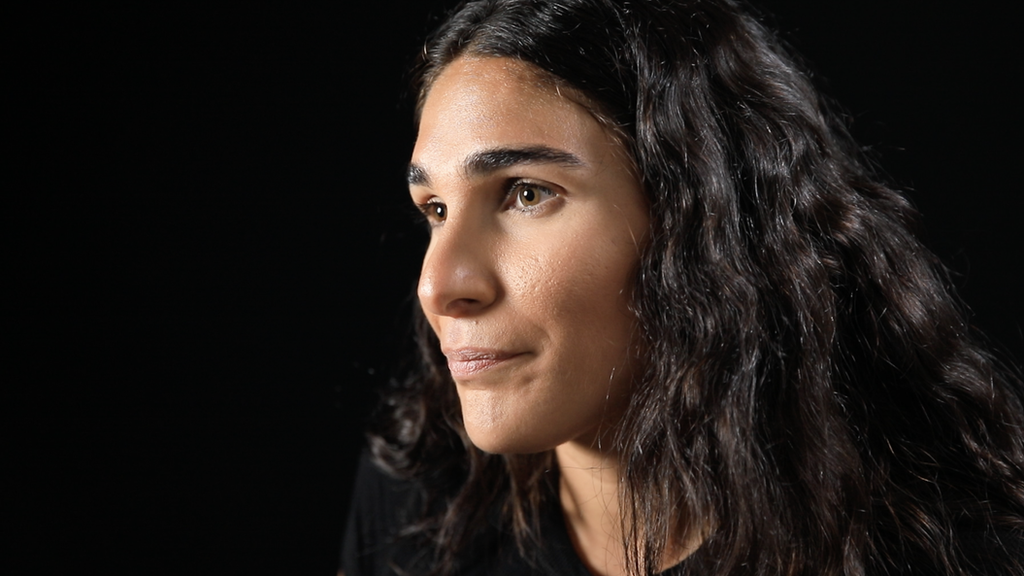
- Published5 August 2020
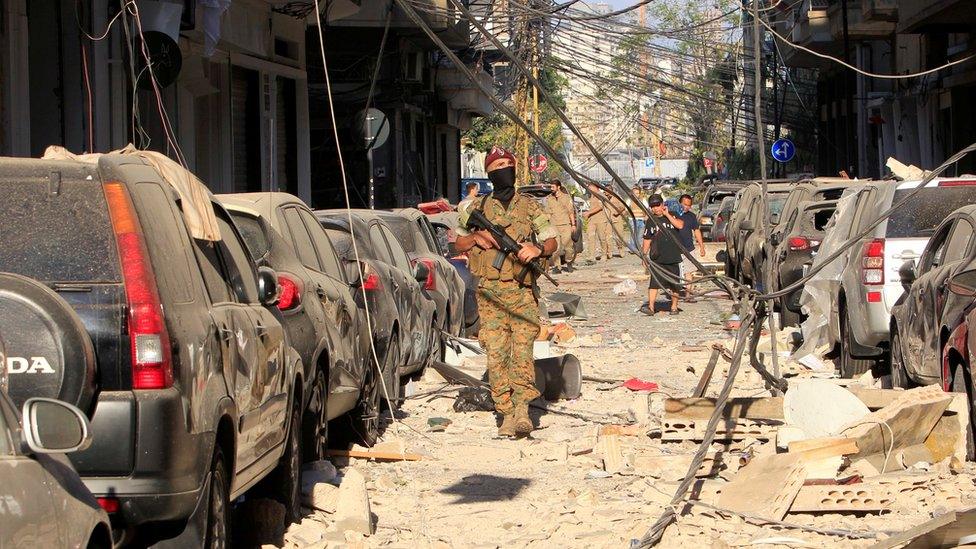
- Published7 August 2020
